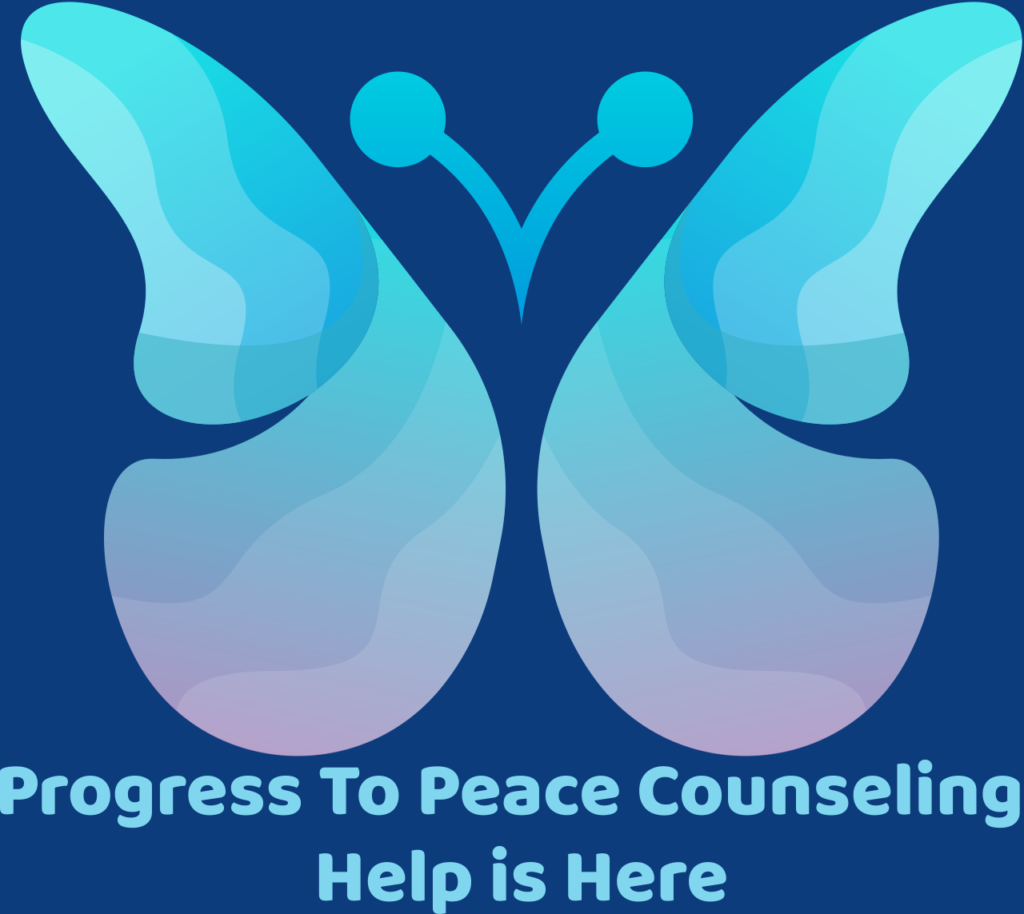Sadness, desperation, loss of motivation and self-esteem, etc. Depression is considered an illness, not a psychological condition. Depression is quite dangerous, as it can lead to suicide or immoral acts toward others. Physical health implications can also be felt and illnesses can develop if the depression is not treated properly. Grief is one of the possible causes of depression because the loss of a loved one can be painful. Nevertheless, we will explain why depression following grief can be easier to heal.
Why can you experience depression after grief?
Grief normally occurs in five stages, the duration of which varies from one individual to another. However, it is when a person is stuck in the fourth stage that he or she can be said to be suffering from depression. The recovery phase begins with the will to get better. A depressed person does not even have this will. It is at this point that the advice of a loved one may be needed. And if no one can play this role, a professional can do it. If you want to avoid depression, you need to get out of this fourth stage quickly. Expressing yourself in front of your loved ones can be a great help.
Why is it called reactive depression?
Reactive depression is one of the different forms of depression. However, while depression or a depressive state is often linked to an unsatisfactory life situation, reactive depression is the result of a particular event. And since depression is a direct result of the loss of a loved one, it can be considered a reactive depression. A person who suffers from this form of depression also experiences a lack of interest in any source of pleasure, a sense of lowered self-esteem, etc.
How to recognize reactive depression?
When the depressed state continues, one may begin to fear a reactive depression. The person usually suffers from a drop in self-esteem and feelings of guilt over the loss of a loved one. Tears continue and accidents caused by a lack of willpower, commitment, or focus begin to appear. Recurring thoughts of death and suicide come up more and more often. This state continues later with a change in behavior and a desire to change the course of one’s life in the wrong way. The psychological state can then evolve into a physical state. It begins to suffer from sleep disorders, before physical illnesses, sometimes more serious, begin to show their symptoms.
Can one be cured of reactive depression?
Generally, any form of depression can be cured. In particular, reactive depression can be cured more easily because the sufferer keeps in the back of his or her mind the positive aspects of his or her life that he or she may have felt before the grief. He or she only needs to heal from the grief and will return to his or her normal life.















